The Jamshed & Parvati Fozdar Collection
Senior Librarian Eunice Low unpacks the Jamshed & Parvati Fozdar Collection, an outstanding compilation of the personal memoirs and chronicles of the Fozdar family in the Asia-Pacific region.
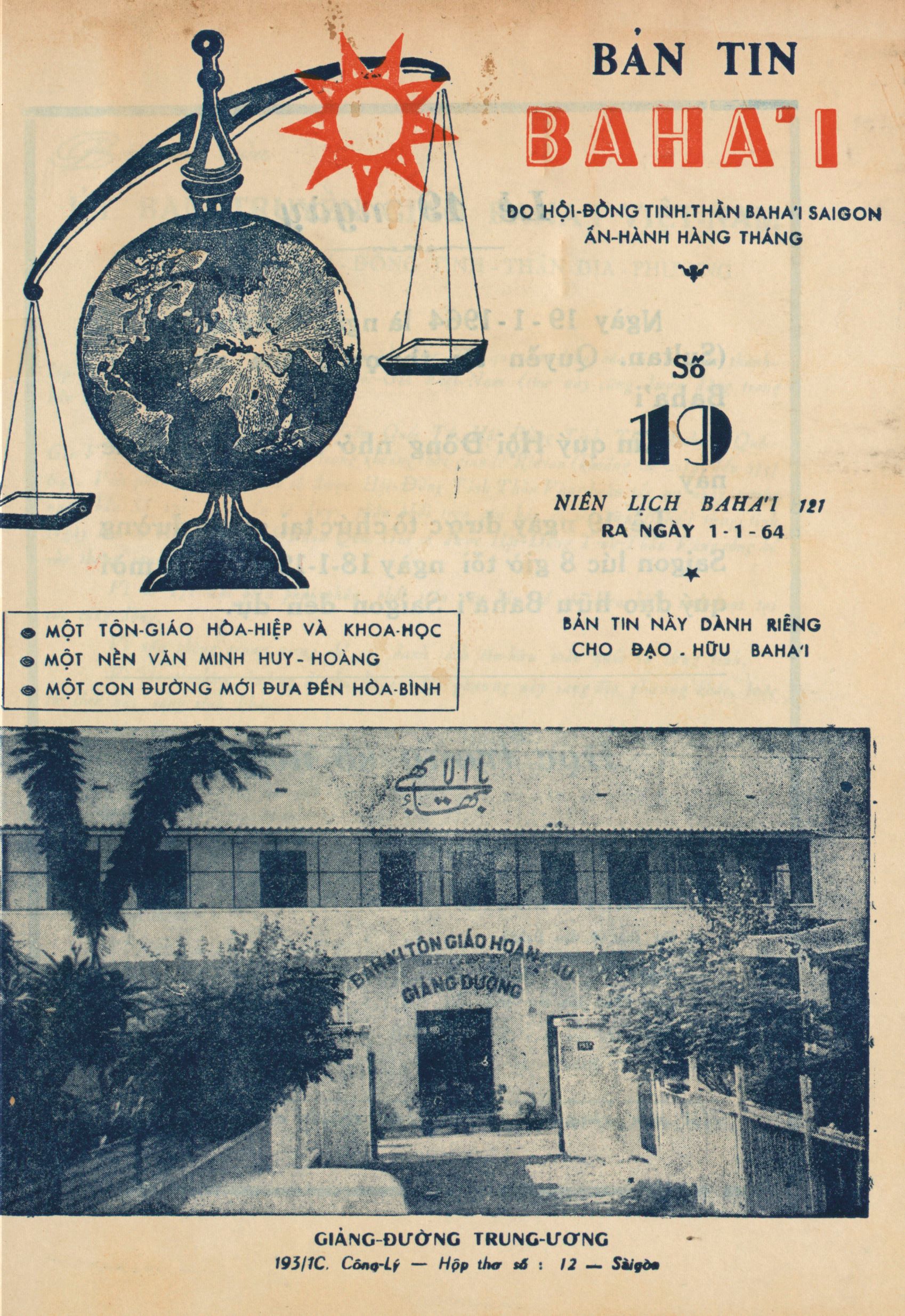
About the Collection
The Jamshed & Parvati Fozdar Collection is an outstanding compilation of the personal memoirs and chronicles of the Fozdar family in the Asia-Pacific region. The collection comprises 15 volumes of documents, photographs, news articles, personal letters and other correspondence organised in three broad themes: the development of the Bahá’í faith in Singapore and Southeast Asia, World Religion Day events in Singapore and Sri Lanka, and four volumes comprising memories of two prominent personalities in Singapore – the late Shirin Fozdar, pioneer of the women’s movement in Singapore, and the late former President Wee Kim Wee.
The chronicles lead us over a period of more than 60 years covering the Asia-Pacific region and to the Southeast Asian and Asian regions, with particular focus on Singapore, Indochina (Vietnam, Laos and Cambodia), East Malaysia (Sarawak) and Sri Lanka.
The Fozdar family began its pioneering efforts for the Bahá’í faith with Dr Khodadad Fozdar, a medical doctor from India, arriving in Singapore in May 1950. He was soon followed by his wife, Mrs Shirin Fozdar, in September 1950. She immediately started a strong crusade for the emancipation of women, addressing concubinage and polygamy in particular. Mrs Fozdar was also a tireless contender for women’s rights across Asia. She was the founder of the Singapore Council of Women’s Organisations (SCWO) in 1952 and her efforts contributed significantly to the establishment of the Syariah Court and then the Women’s Charter which was passed by Singapore’s Legislative Assembly in 1961.
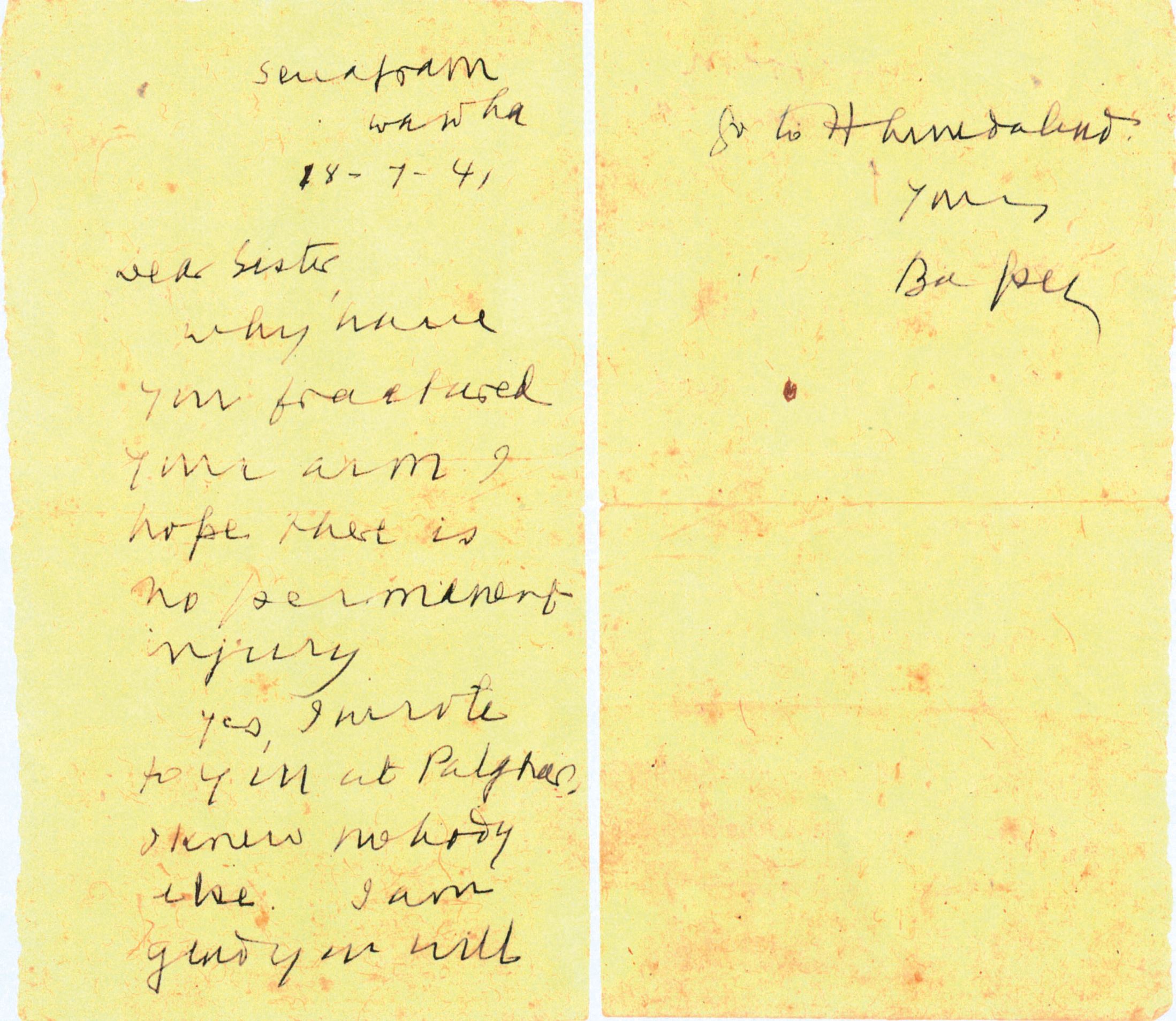
Her achievements are extensively compiled in the volume entitled Shirin Fozdar. Highlights include some letters addressed to Shirin Fozdar, from Mahatma Gandhi in 1941. In these, Gandhi also expresses personal concern for Mrs Fozdar’s fractured arm and writes of his happiness over her trip to Ahmedabad where she was tasked by him to reach out to the “untouchables” and bridge Muslim-Hindu tensions through the teachings of the Bahá’í faith. Gandhi signs off as “Bapu” (meaning “Father”). Besides the many historical documents of interest, one is the certificate and medal of honour “Satrei Vatthana” (National Women’s Champion) bestowed on Shirin Fozdar by King Norodom Sihanouk, the former monarch of Cambodia in 1964. This medal was the first-ever bestowed upon any woman by the kingdom of Cambodia.
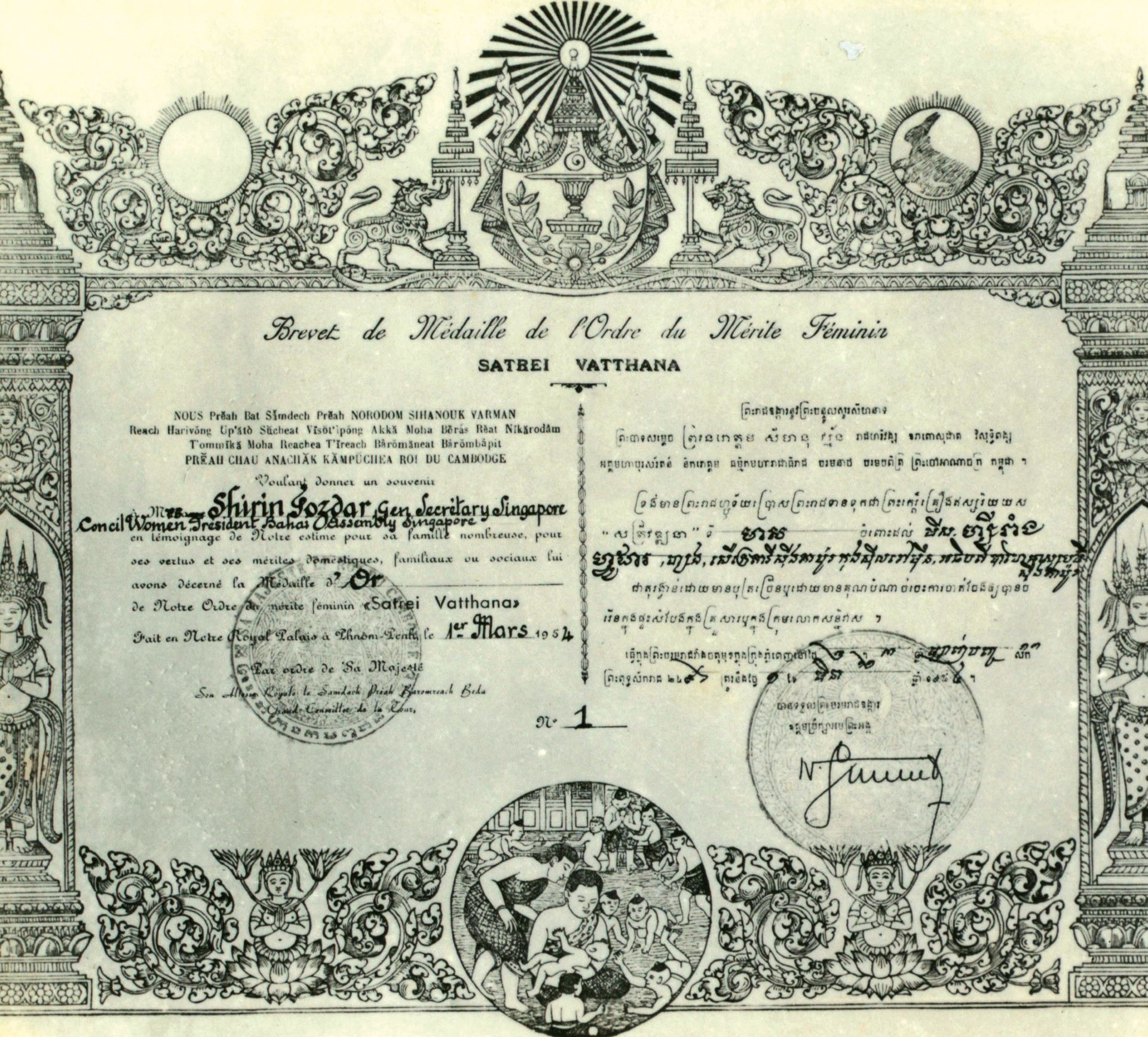
One of the volumes is also dedicated to the correspondence between the Fozdar family and former President Wee Kim Wee, which began when Wee was a journalist in the 1950s writing to Mrs Shirin Fozdar to seek her views on women’s rights. His warm tribute to Mrs Fozdar at her passing away in 1992 reflected the close friendship with the family.
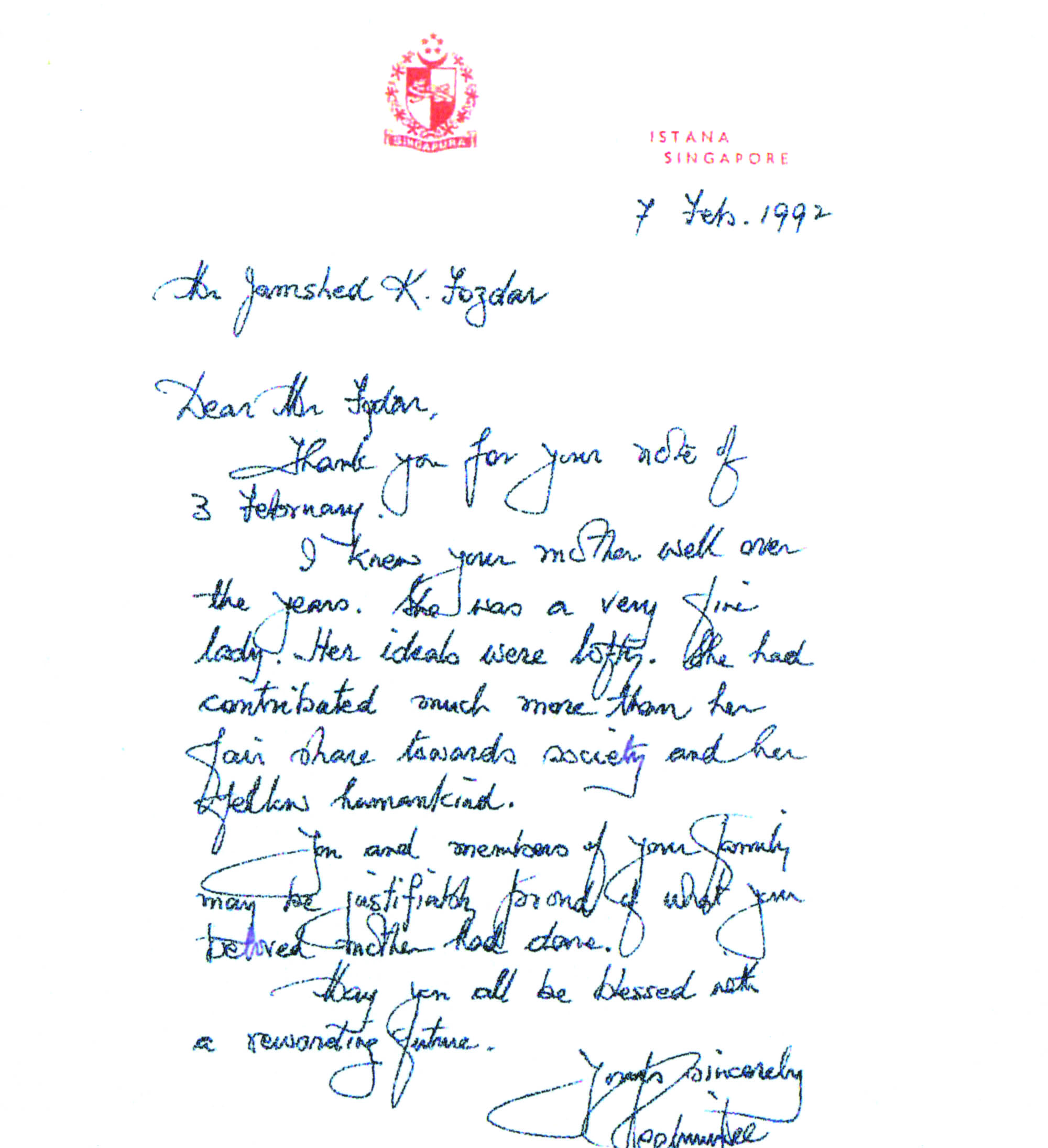
The rest of the volumes chronicle the efforts of eldest son Jamshed Fozdar and his wife Parvati’s efforts as they pioneered the Bahá’í faith first in Sarawak, East Malaysia, in 1951 till 1953 and subsequently in Vietnam, Laos and Cambodia between 1954 and 1970. During this period, the Fozdars were instrumental in obtaining government recognition of the Bahá’í faith in these countries, thus ensuring integration of the religion into their societies.
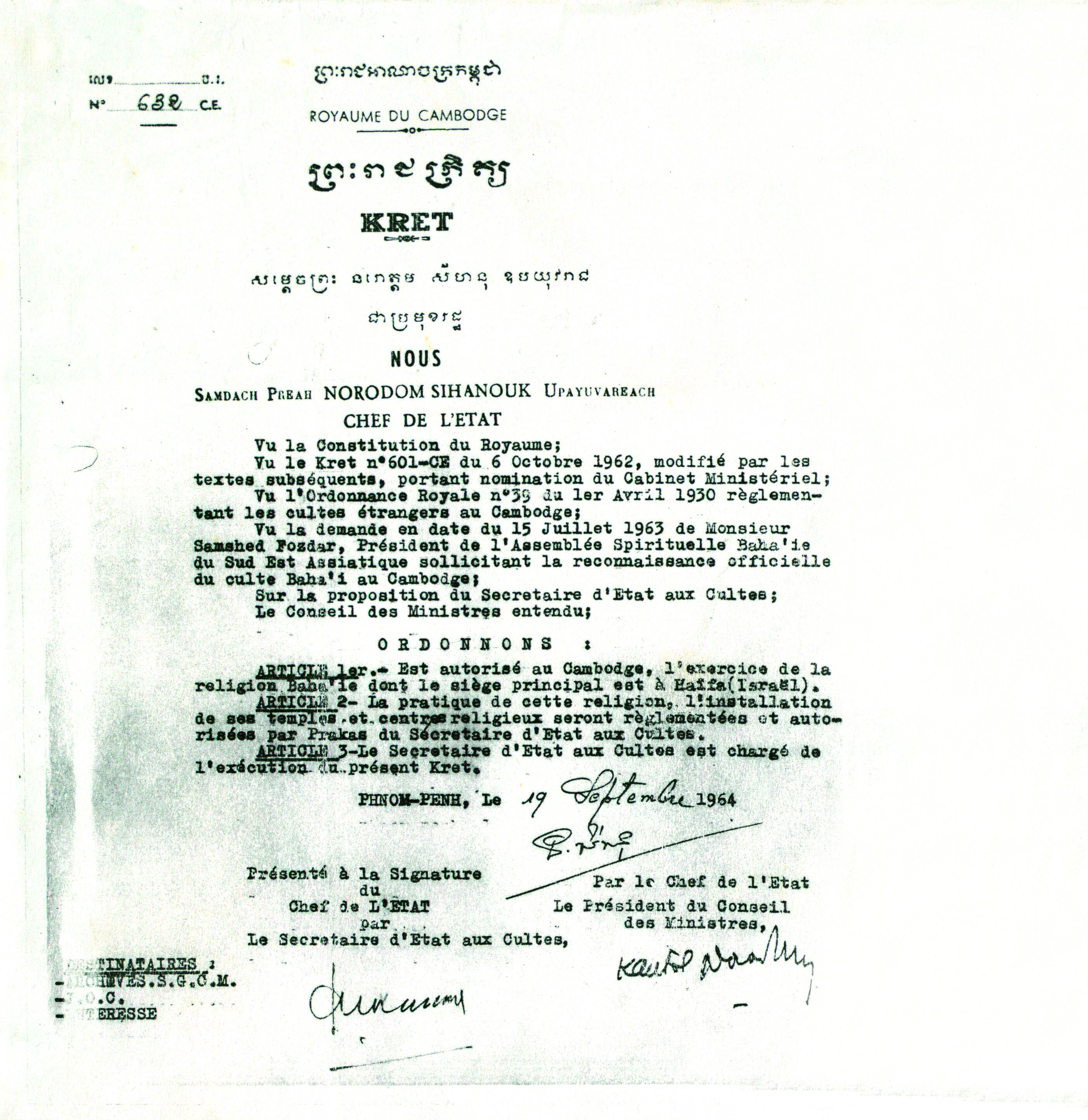
There are also details of the activities of the Inter-religious Organisation (IRO) and World Religion Day events in Singapore and Sri Lanka. Highlights of the collection include: the story of the issuance of a set of three postage stamps in 1999, the first inter-faith stamps in Singapore’s history commemorating the 50th anniversary of the IRO in Singapore, and earlier in 1985, the first inter-faith postage stamps in history issued by the government of Sri Lanka commemorating World Religion Day.
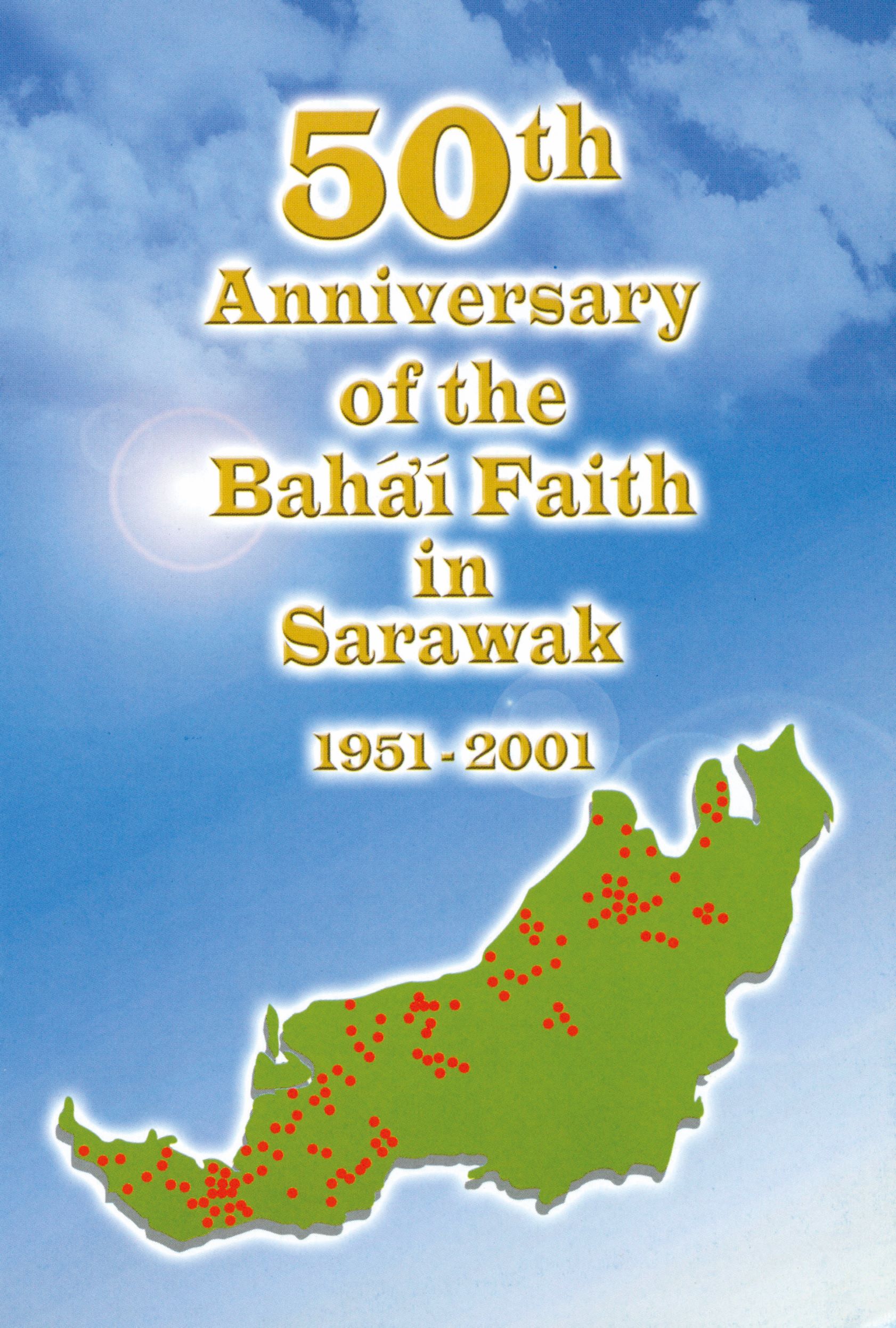
How to Donate
The National Library seeks contributions towards the documentary heritage and national memory of Singapore. They include materials on significant events, monographs, maps, manuscripts, documents, letters and photographs that contribute towards developing Singapore’s unique identity and enable research to be carried out on our social history. Donations are reviewed in accordance with the National Library’s collection policies, and the terms and conditions discussed.
For more details, please refer to the Deposit website at https://www.nlb.gov.sg/depositapp/.
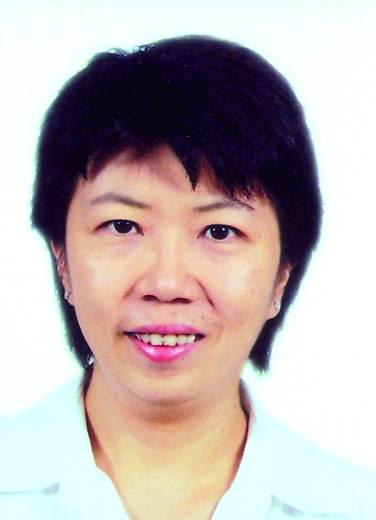
Senior Librarian
Heritage Collection Development
National Library

